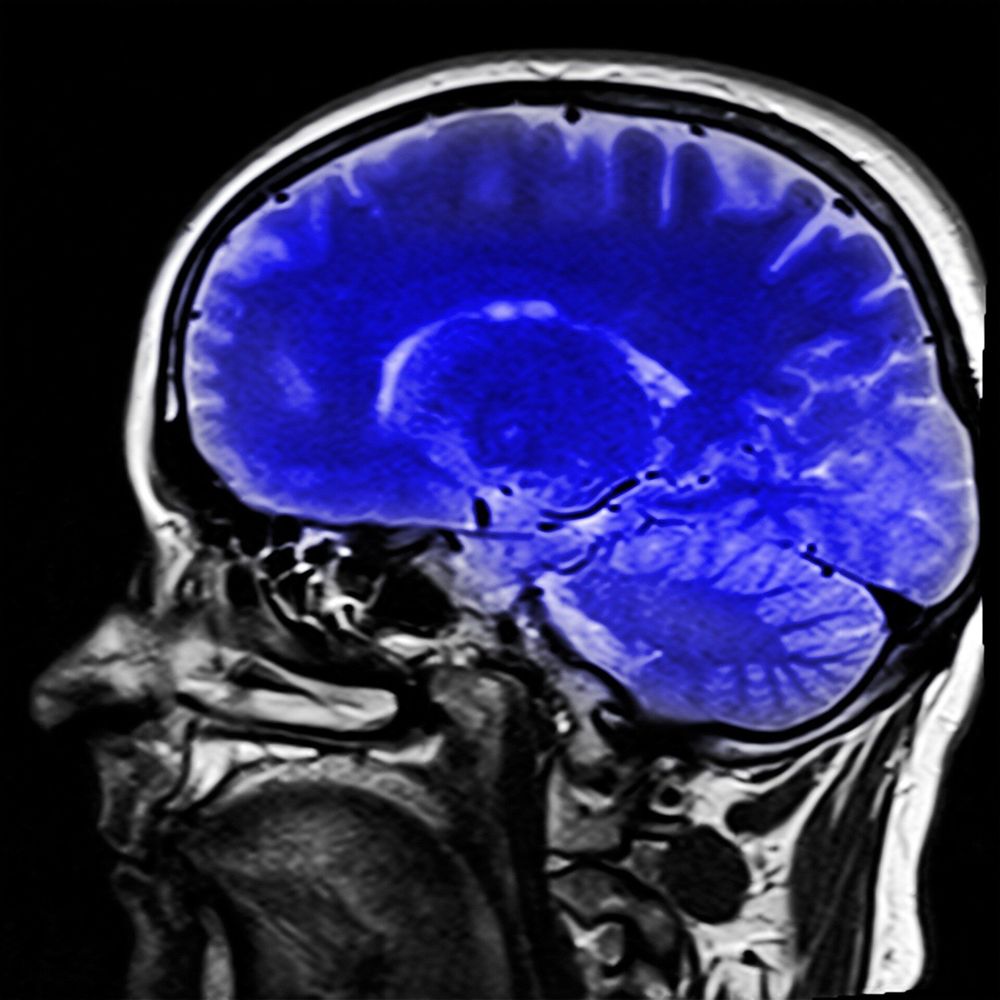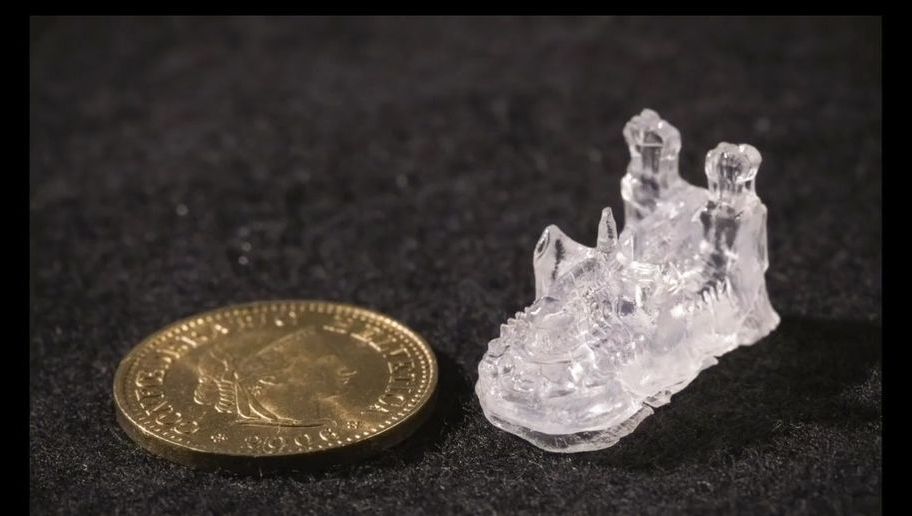Methods: In this review, due to their promise, we focus on inorganic nanomaterials [such as hollow mesoporous silica nanoparticles (HMSNs), tungsten sulfide quantum dots (WS2QDs), and gold nanorods (AuNRs)] combining PTT with CHT, RT or IT in one treatment, aiming to provide a comprehensive understanding of PTT-based combinational cancer therapy. Results: This review found much evidence for the use of inorganic nanoparticles for PTT-based combinational cancer therapy. Conclusion: Under synergistic effects, inorganic nanomaterial-based combinational treatments exhibit enhanced therapeutic effects compared to PTT, CHT, RT, IT or PDT alone and should be further investigated in the cancer field.
Applications of inorganic nanomaterials in photothermal therapy based on combinational cancer treatment — pubmed.







